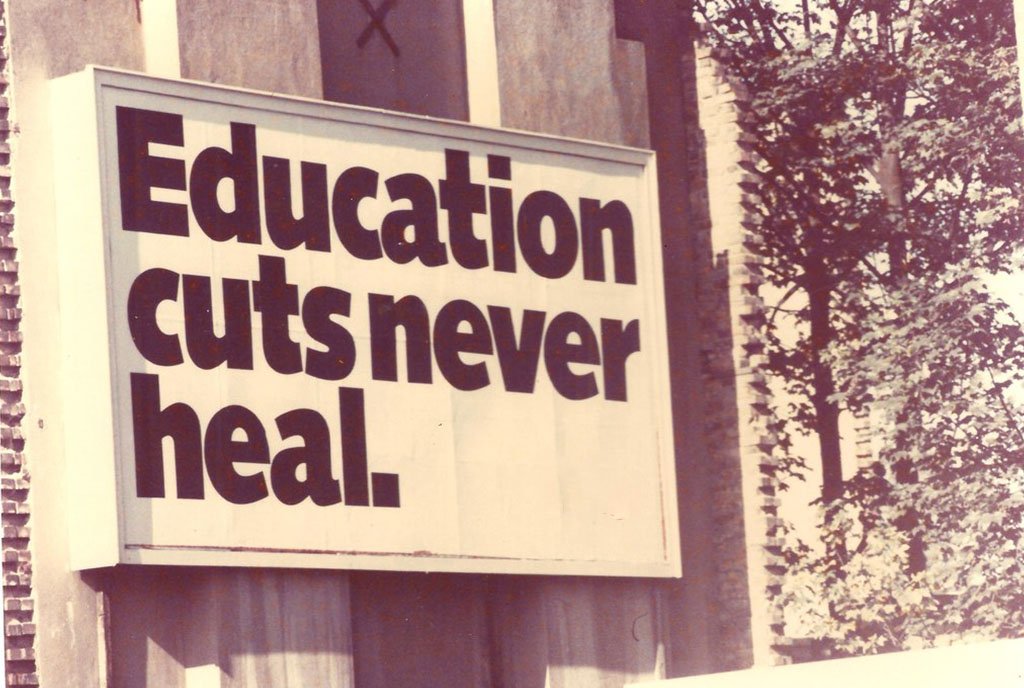
February 20, 2014; Sacramento Bee
A bill requiring greater transparency from electioneering nonprofits has passed the California Senate and could be on its way to Gov. Jerry Brown for signature, reports the Sacramento Bee.
The bill is a result of the fact that out-of-state nonprofit groups spent $11 million on the 2012 election cycle, which eventually earned them a $1 million California Fair Political Practices Commission fine. Legislators have reacted by trying to tighten the campaign spending rules since then.
“Simply put, our law needs to catch up with the way some nonprofits skirt reporting requirements,” said Democratic Assemblyman Rich Gordon.
Sign up for our free newsletters
Subscribe to NPQ's newsletters to have our top stories delivered directly to your inbox.
By signing up, you agree to our privacy policy and terms of use, and to receive messages from NPQ and our partners.
Unlike donations to political action committees, contributions to nonprofits do not require disclosure, enabling a “shell game” wherein donors are able to influence elections but hide their identities, reports the Bee. A bill in the State Senate seeks to lay out the circumstances in which politically active nonprofits must disclose their donors.
In the Assembly, the Democratic leadership mustered one more vote than the two-thirds they needed to pass the measure with an urgency clause that would make it effective in time for this year’s election; it now goes to the Senate for a concurrence vote.
“If you’re going to give money to a nonprofit and you know it’s going to be used for campaign purposes, just disclose it,” Democratic Sen. Lou Correa told the Bee after the vote. “People need to know who is supporting what causes or which candidates.”
Republicans opposed the bill, arguing that donors should be allowed to remain unidentified to protect themselves from retaliation. One assemblyman cited a 1958 U.S. Supreme Court ruling allowing donors to the NAACP to remain anonymous because they feared reprisals.
“You have a right to participate in this democracy, and you have to a right do it anonymously,” Republican Assemblyman Don Wagner told the paper.—Larry Kaplan











